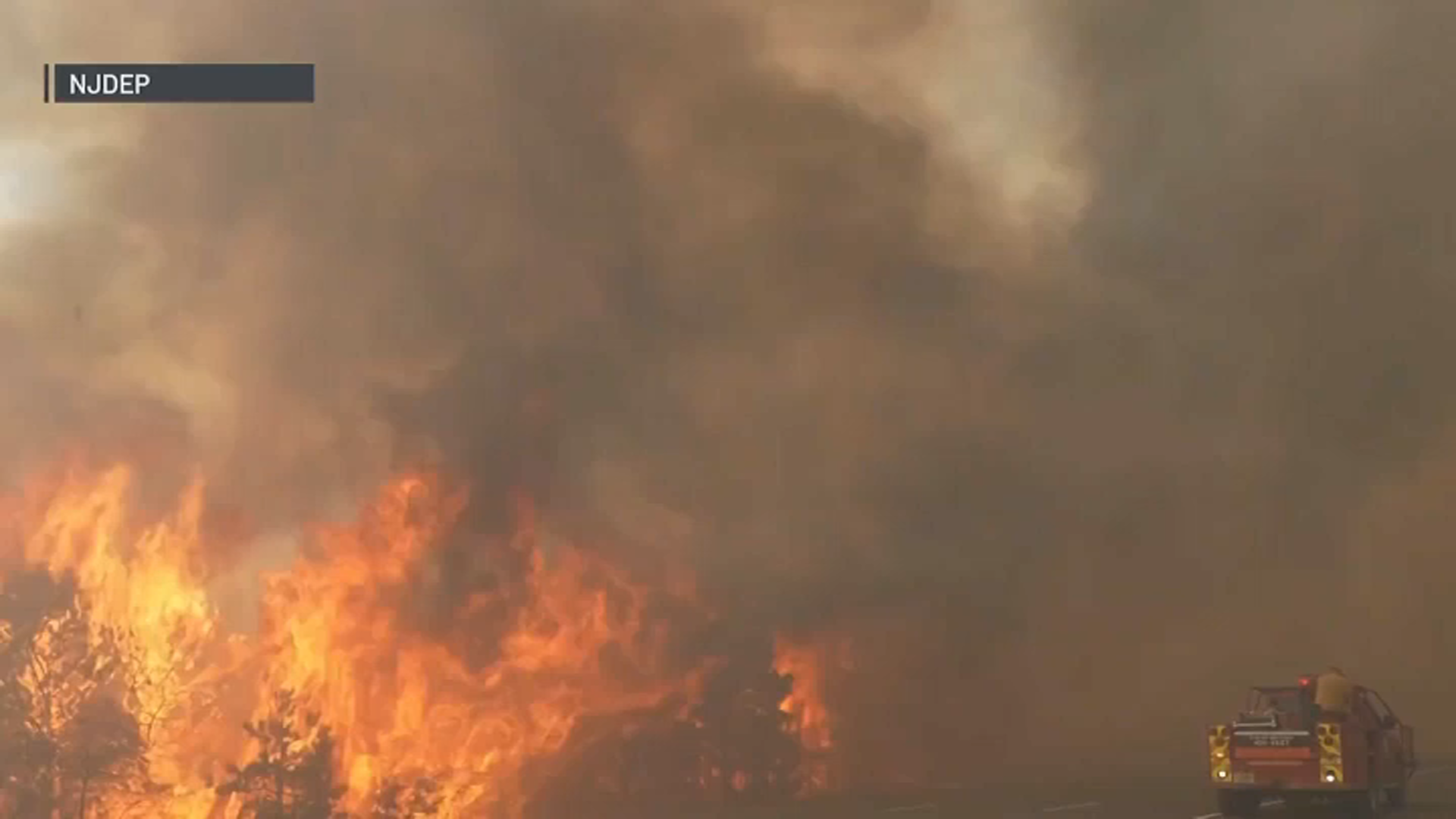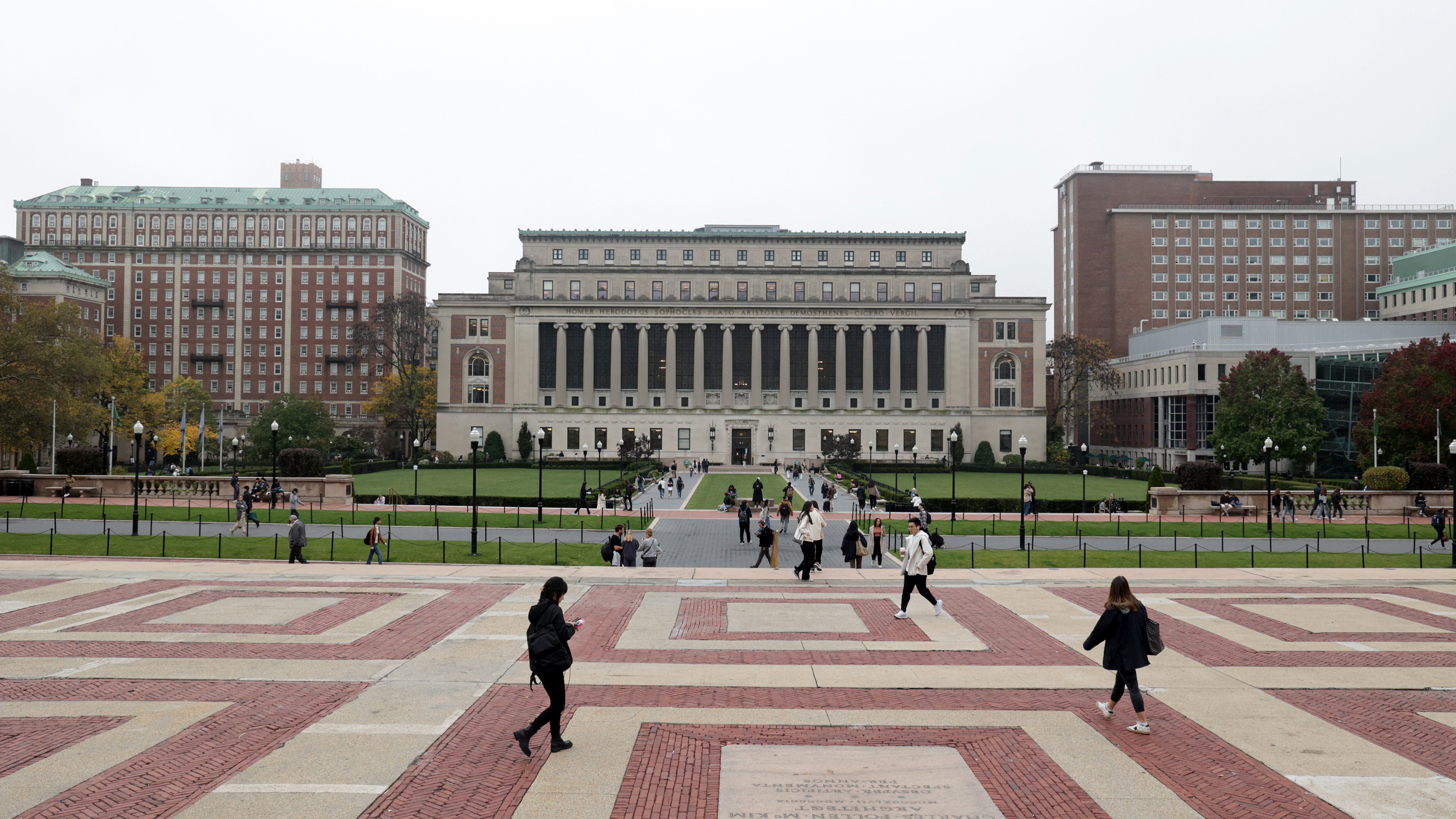In New Jersey, several parks in Monmouth County remain closed after dozens of geese died from suspected bird flu. Officials are being extra careful to keep the public out in order to prevent the potential spread of bird flu to pets and possibly humans. NBC New York’s Adam Harding reports.
Health officials in New Jersey are warning residents after H5N1 avian influenza -- or bird flu -- was found in dead wild Canada geese in Burlington and Monmouth counties recently.
In Burlington County, officials said bird flu was found in a dead goose that was recovered from a location in Pemberton.
Here, officials said, the bird was found with other dead geese and it was tested as part of a monitoring program.
Watch NBC 4 free wherever you are
Officials said that this positive test marks the first confirmed case of highly pathogenic avian influenza in Burlington County since the nationwide outbreak started in 2022.
Get Tri-state area news delivered to your inbox with NBC New York's News Headlines newsletter.
Earlier this month, in Monmouth County, the New Jersey Department of Environmental Protection closed Dr. Farmer's Park, Pete Sensi Park, and Heritage Park until further notice after dead geese found at the millpond and surrounding areas in Allentown Borough tested positive for bird flu.
Local
According to officials in New Jersey, clusters of sick and deceased wild birds have also been discovered in several other counties, including Atlantic, Cape May, Cumberland, Salem and Warren.
In a statement, New Jersey health officials stressed that the respiratory disease is still primarily an animal health issue and the risk to humans is still low.
"Humans with close or prolonged contact with infected animals can become infected, but the virus is not known to be transmitted from human to human at this time," officials said in a statement.
Also in a statement, Burlington County Health Department Director, Dr. Holly Funkhouser Cucuzzella, said the county had expected bird flu would eventually make its way to the community and preparations to handle this discovery were already underway.
“Our Health Department was expecting H5N1’s eventual arrival and we had already started making preparations,” said Funkhouser Cucuzzella. “The risk to public health in Burlington County is still low but we want residents to be informed and vigilant. Residents should avoid all contact with dead or sick birds and those keeping poultry flocks should take special precautions. We are also asking residents to report deaths of wild or domestic birds, especially large groups of them.”
The Burlington County Health Department has created a special H5N1 Avian Influenza webpage with the latest information and guidance about the outbreak at https://www.co.burlington.nj.us/2115/H5N1-Bird-Flu.
For more information on the bird flu cases in Monmouth County, click here.
Sign up for our Breaking newsletter to get the most urgent news stories in your inbox.



